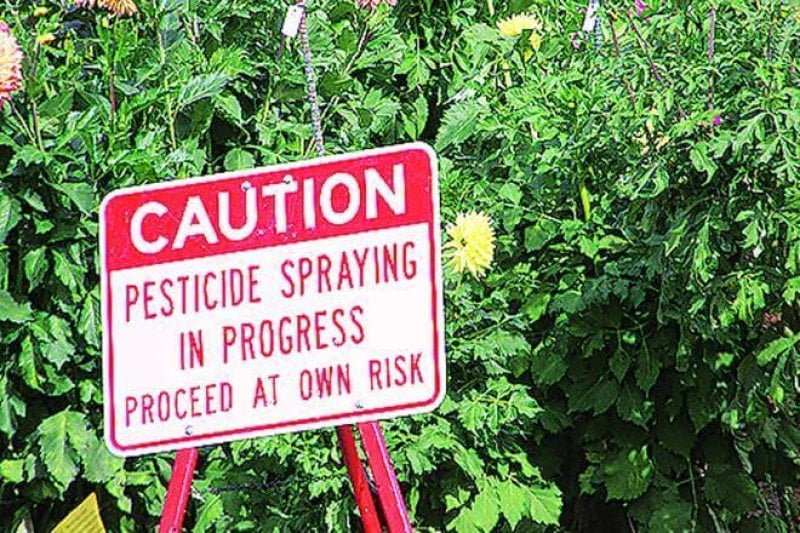Below, you will find five of the most common myths about pesticides, and the truth about them.
MYTH: Pesticides are unnecessary.
FACT: Farmers contend with 30,000 different weeds, 10,000 insects, and 3,000 diseases. Pesticides help them protect their crops and our food.
…
MYTH: Pesticides are not safe.
FACT: Health Canada regulates organic and conventional pesticides to ensure they are safe for people and the environment.
…
MYTH: Pesticides are bad for biodiversity.
FACT: Without pesticides and biotech crops, farmers would need almost 44 per cent more land to grow the same amount of food, threatening valuable wildlife habitats.
…
MYTH: Pesticides benefit farmers but not consumers.
FACT: Pesticides help keep food affordable for Canadians. Without pesticides and biotech crops, an average Canadian family would pay up to $4,500 more for food per year.
MYTH: Pesticide residues on food are harmful.
FACT: Tiny amounts of pesticide residues that may be on some foods do not pose a safety risk. A consumer would have to eat 28,000 strawberries every day for a lifetime to have any adverse effects from pesticides.































